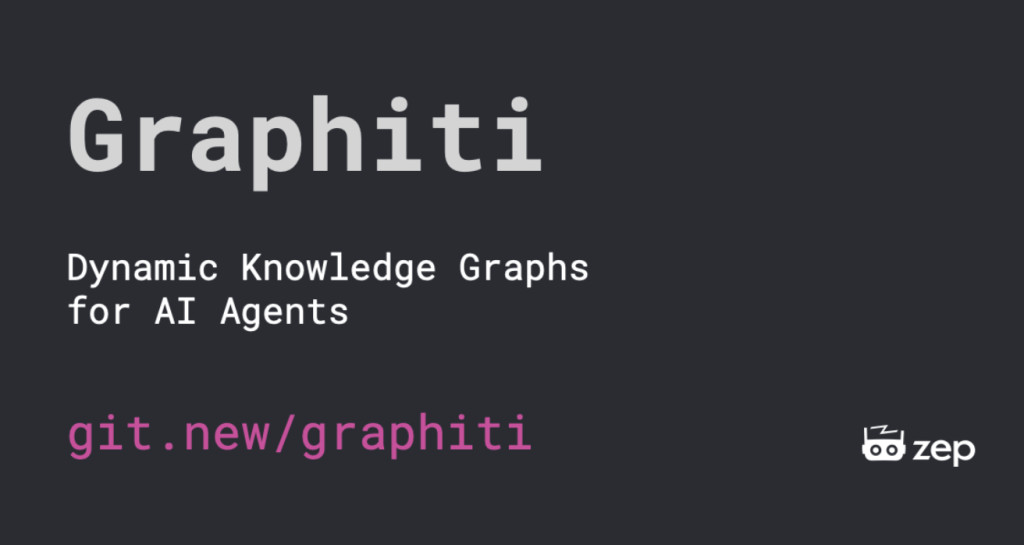The challenge of managing and recalling facts from complex, evolving conversations is a key problem for many AI-driven applications. As information grows and changes over time, maintaining accurate context becomes increasingly difficult. Current systems often struggle to handle the evolving nature of relationships and facts, leading to incomplete or irrelevant results when retrieving information. This can affect the effectiveness of AI agents, especially when dealing with user memories and context in real-time applications.
Some existing solutions have attempted to address this problem. One common approach is using a Retrieval-Augmented Generation (RAG) pipeline, which involves storing extracted facts and using techniques like semantic search to recall them when needed. However, these methods often fall short when handling complex conversations. They may suffer from poor recall, incomplete facts, and a failure to model the relationships between different pieces of information properly. Moreover, these systems typically lack the ability to handle temporal changes, making them unsuitable for dynamic environments where facts are constantly updated.
Meet Graphiti: a Python library for building temporal Knowledge Graphs. Graphiti is designed specifically to manage evolving relationships over time by capturing and recording changes in facts and relationships. It allows users to construct graphs where facts, represented by nodes and edges, can dynamically change based on new data. This system helps maintain historical context, which is crucial for AI applications that rely on long-term memory, such as personal assistants and agents. Graphiti is scalable, supporting the ingestion of both structured and unstructured data and combining semantic and graph searches for more accurate results.
One of the key features of Graphiti is its temporal awareness, which allows it to track how relationships change over time and enables point-in-time queries. Another important metric is its episodic processing, where data is ingested in discrete episodes, maintaining data provenance and allowing for incremental updates. Additionally, the system supports hybrid search, combining full-text BM25 and semantic search with reranking to enhance accuracy. Graphiti is designed to handle large datasets, parallelizing LLM calls for batch processing, ensuring that even high volumes of data can be processed efficiently.
In conclusion, Graphiti provides a dynamic and scalable solution to handling evolving information through temporal Knowledge Graphs. By capturing temporal changes and supporting advanced search techniques, it addresses the challenges faced by existing systems, enabling AI applications to maintain accurate, context-aware recall over time. This innovation can benefit various industries, including finance, customer service, and health, where constantly updated knowledge is essential for success.
The post Graphiti: A Python Library for Building Temporal Knowledge Graphs Using LLMs appeared first on MarkTechPost.
Source: Read MoreÂ

![Why developers needn’t fear CSS – with the King of CSS himself Kevin Powell [Podcast #154]](https://devstacktips.com/wp-content/uploads/2024/12/15498ad9-15f9-4dc3-98cc-8d7f07cec348-fXprvk-450x253.png)